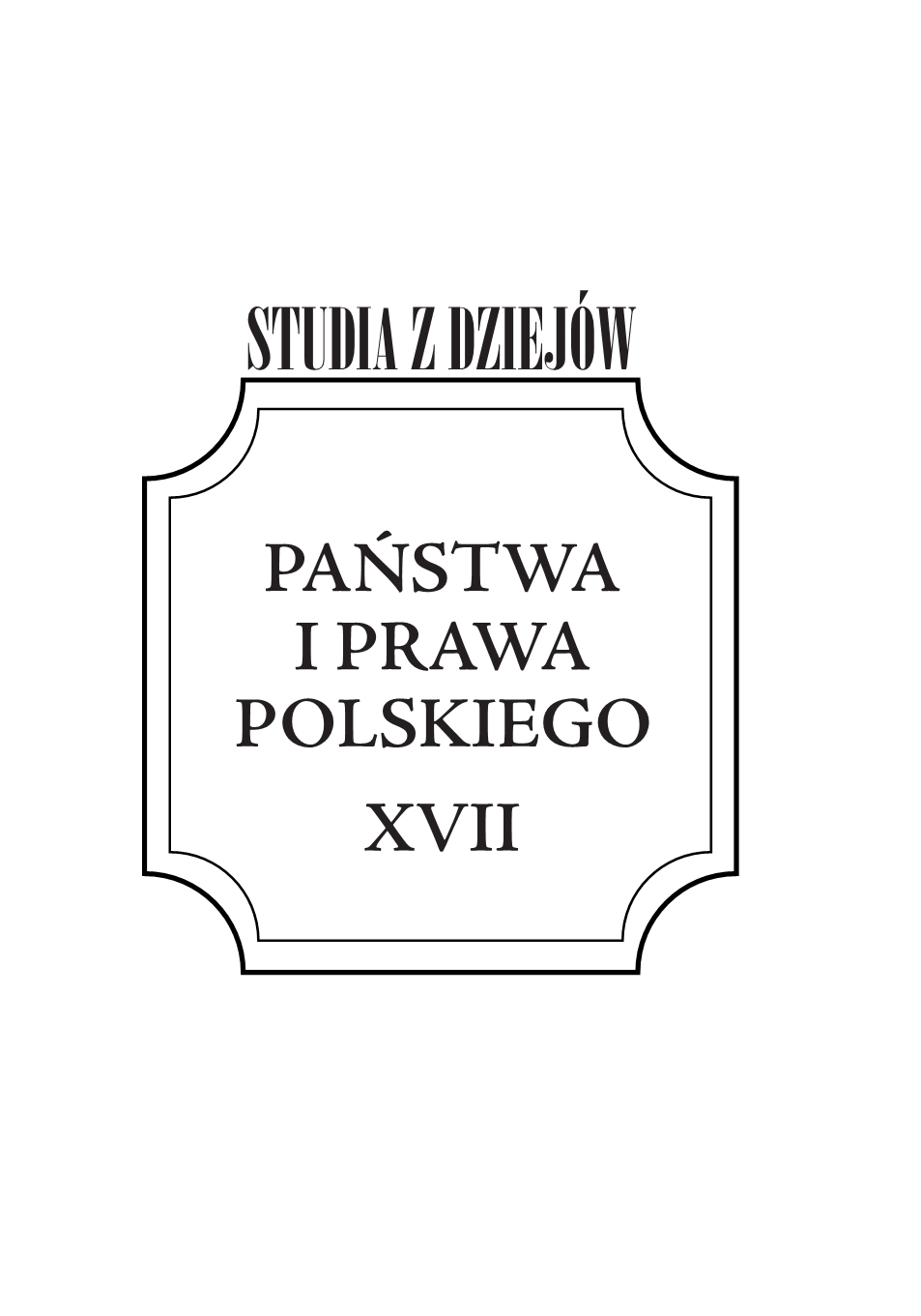Użyteczność historii prawa dla współczesnego wymiaru sprawiedliwości
Utility of history of law for contemporary justice
Author(s): Anna Moszyńska, Zbigniew NaworskiSubject(s): Law, Constitution, Jurisprudence, History of Law, Vocational Education, Higher Education , State/Government and Education
Published by: Oficyna Wydawnicza AFM Uniwersytetu Andrzeja Frycza Modrzewskiego w Krakowie
Keywords: historical legal sciences; lawyers; reform of higher education; court rulings; court practice; historical sources of law;
Summary/Abstract: The article discusses two aspects of utility of subjects that investigate history of law for students of law. At the same time, it is a particular answer to the concepts supported by the Ministry of Higher Education, which found the “occupationalisation” of master degree studies the main goal of the revolutionary reforms introduced in higher education, which is to be accompanied by marginalisation of all the subjects that do not lie within the scope of the concept, and therefore also subjects related to the history of law. The first of the discussed aspects is of a general nature and concerns the use of the subjects in question for the general education of a graduate of any course, and especially courses concerning social studies and humanities. Lawyers have always been, and (still) are the intellectual elite of the country. With the inadequacy of secondary education and its poor level, lack of knowledge of history of law in future lawyers will certainly be a symptom of a falling level of culture in this occupational group. The authors juxtapose here the Anglo-Saxon model of education to the Continental one, strongly favouring the first. The other aspect concerns the presentation of specific examples of judgements by contemporary courts, where the knowledge from the realm of history of law is necessary for appropriate judgement. The first of examples concerns a mass phenomenon of reactivation of pre-war companies, not to have them resume their activity, but to acquire damages for their assets, nationalised in the days of the People’s Republic of Poland. A flagship example is the company operating under the name S.A. Giesche in Katowice. Adjudication of such disputes without the knowledge of pre-war acts of law and decrees from the early post-war years, is impossible. The second case concerns a broadly publicised question of the State Treasury purchasing the right to abandoned estates on the grounds of the Napoleonic Code (a case in which the Supreme Court has already ruled no fewer than three times). The third case is related to a recent judgement of the Supreme Court, which finally adjudicated a long dispute concerning which regulation from the Civil Code actually regulates the question of flooding the flats of a neighbour on the floor below; where the court provided extensive historical justification, while pointing to the argument supporting its decision. In the fourth case, in its ruling, the court quoted the German BGB of 1896, and in the fifth – the 10th volume of the First Collection of Laws for the Russian Empire.
Journal: Studia z Dziejów Państwa i Prawa
- Issue Year: XVII/2014
- Issue No: 1
- Page Range: 311-322
- Page Count: 12
- Language: Polish

